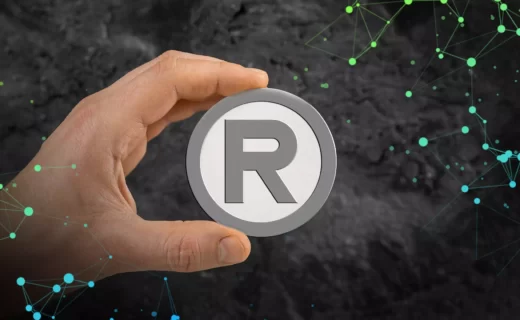Development of License Agreement and Licensing Contracts
Development of license agreements and contracts is a key stage in establishing rights to use products or services protected by copyright or other forms of intellectual property. This process involves careful analysis of the rights and obligations of the parties, formulation of conditions that meet the needs of each party, and consideration of legal requirements.
Definition of License Agreement and Its Role in Commercial Activity
A license agreement is a legal agreement whereby one party (licensor) grants another party (licensee) the right to use, distribute, manufacture, or otherwise exploit a specific intellectual property object, such as copyrights, patents, trademarks, etc.
The role of this document is to define the scope and conditions of intellectual property use, as well as the rights and obligations of the parties regarding such use. This allows the licensor to control and protect their rights, while enabling the licensee to access important resources for their activities.
Types and Categories of Licensing Agreements
Depending on the conditions and needs of the parties, the following types of licensing agreements are distinguished:
- Exclusive. Grant the licensee the sole right to use intellectual property in a defined area or on a specific market.
- Non-exclusive. Allow licensees to use intellectual property without restricting other parties from using it.
- One-time. Involve a one-time fee paid by the licensee to the licensor for the right to use intellectual property.
- Periodic (royalties). Include regular payments made by the licensee to the licensor over a certain period, usually monthly or annually.
Licensing agreements may impose restrictions on the use of intellectual property in certain territories or industries. Additionally, the scope of use may be limited within the licensing agreement, such as the quantity of products manufactured or the use of patented technology.
Business Types Utilizing Licensing Agreements
Licensing agreements are used in various types of businesses and industries, including:
- Software and technology;
- Franchising;
- Media and entertainment;
- Scientific research;
- Pharmaceuticals;
- Manufacturing and product sales.
Components of License Agreement Development
License agreement development involves the following aspects:
- Clear definition of the licensed object, i.e., the intellectual property transferred to the licensee.
- Determination of the agreement term and conditions for extension/termination.
- Definition of financial terms, including the amount, method, and conditions of royalty payment or other fees.
- Determination of rights and obligations arising from the agreement terms for each party.
- Development of confidentiality and intellectual property protection measures, including rules for use and disclosure of information.
- Development of provisions for agreement termination.
- Analysis for compliance with national and international legislation.
- Organization of training on key aspects of working with licensing agreements for staff involved.
License Agreement Review Before Contract Conclusion
Reviewing the license agreement before concluding the contract is an important step, especially if the client is a potential licensee or licensor. The main steps of the procedure include:
- Reviewing the contract terms to ensure they meet the client’s needs and expectations. Special attention is paid to defining the license subject, parties’ obligations, financial terms, and duration.
- Determining whether the licensor has all necessary rights to the licensing object and can transfer these rights to the licensee. This involves verifying intellectual property rights and any restrictions, such as patent or copyright.
- Evaluating financial obligations, such as royalties and other payments, to ensure they meet market standards and are acceptable to the client.
- Reviewing provisions related to confidentiality and data protection to ensure compliance with personal data protection legislation.
- Assessing license termination conditions to protect the client’s interests in case of possible contract termination situations.
Dextra Law Advantages
Development of license agreements by Dextra Law is not only about legal compliance and protection of intellectual property but also about an individual approach to each client. Our lawyers have years of experience in this field and will provide comprehensive support to your business.
Therefore, if you need assistance from qualified legal experts, contact Dextra Law, and we will promptly and professionally address all your concerns.




